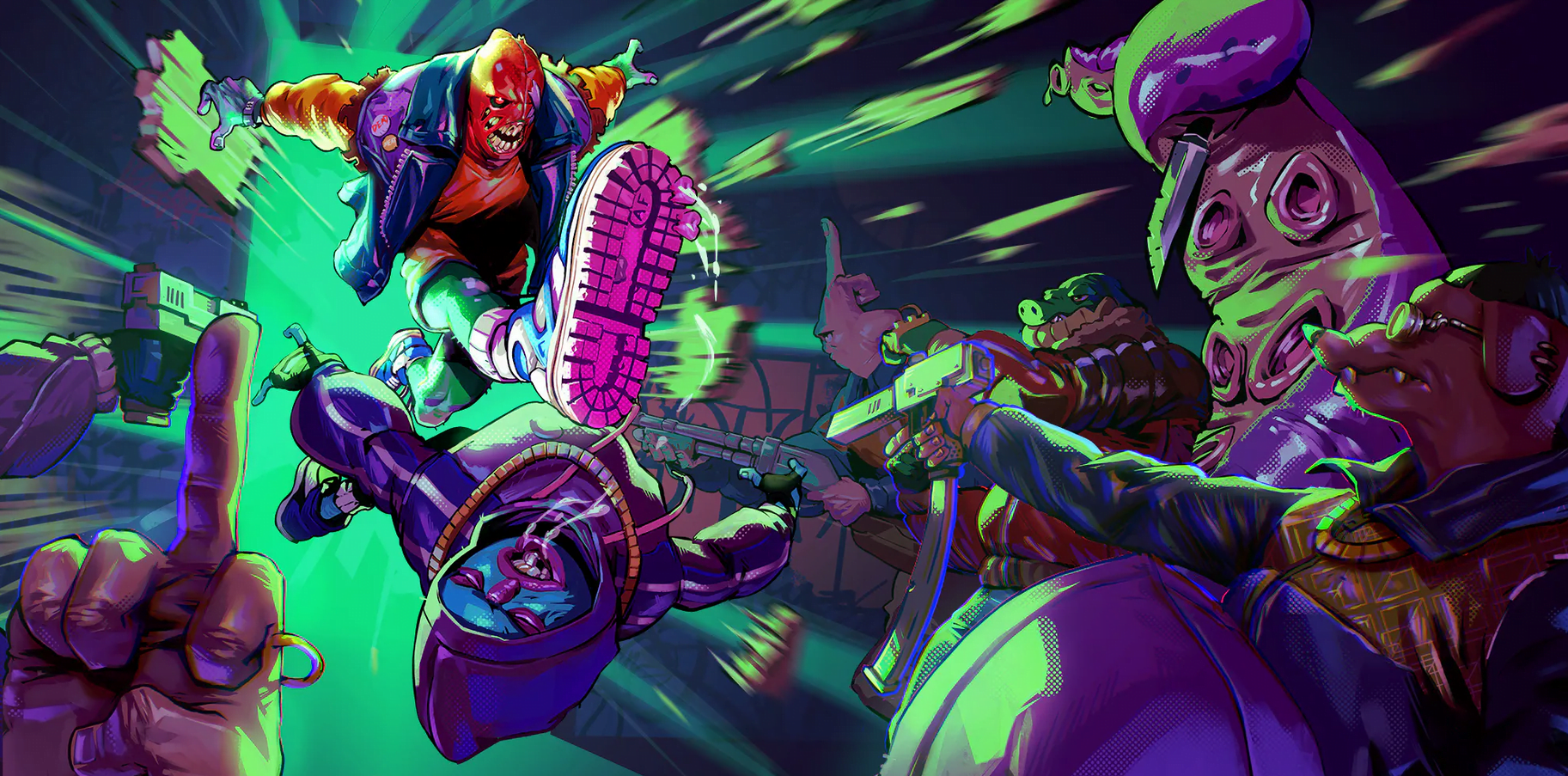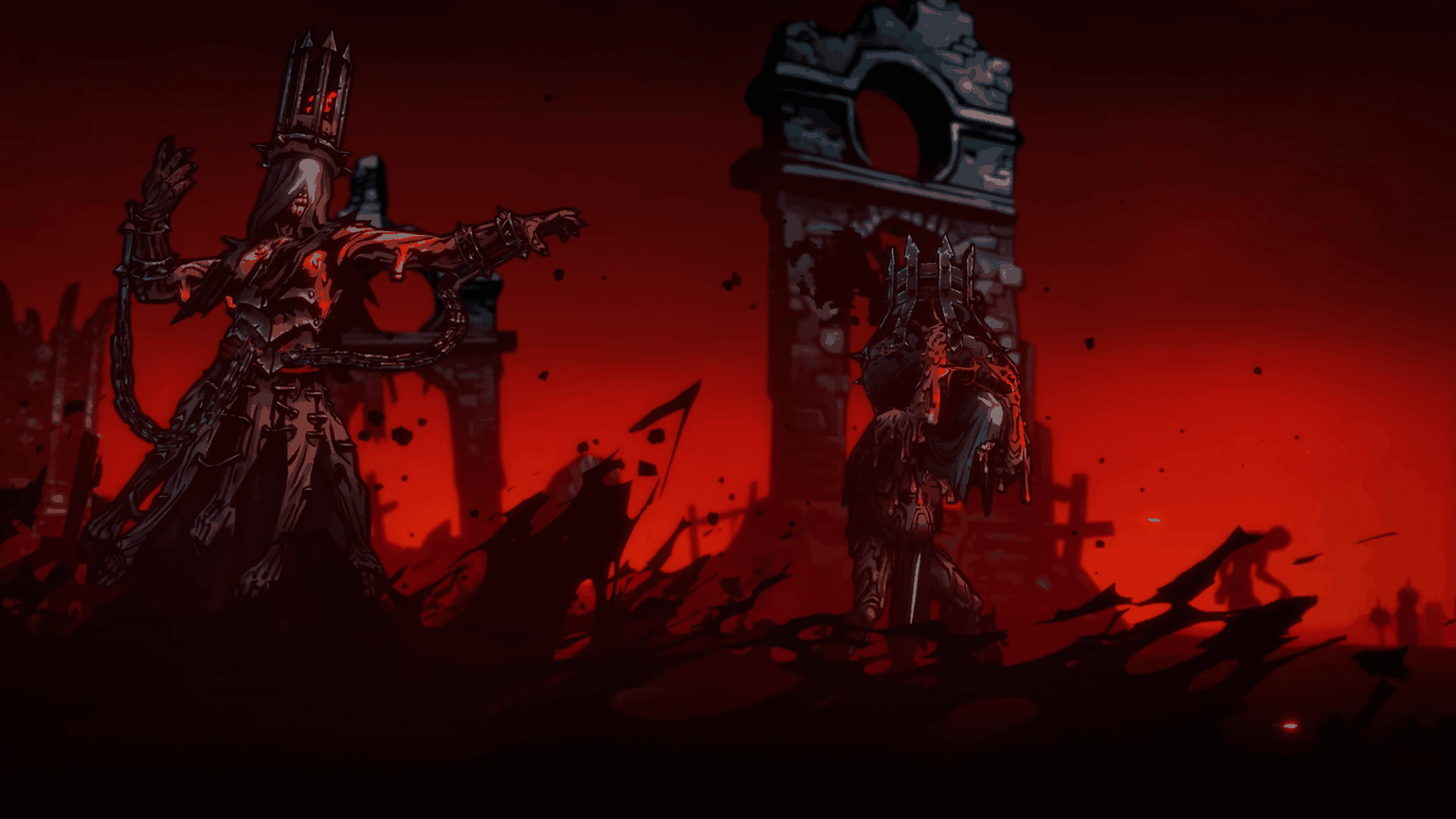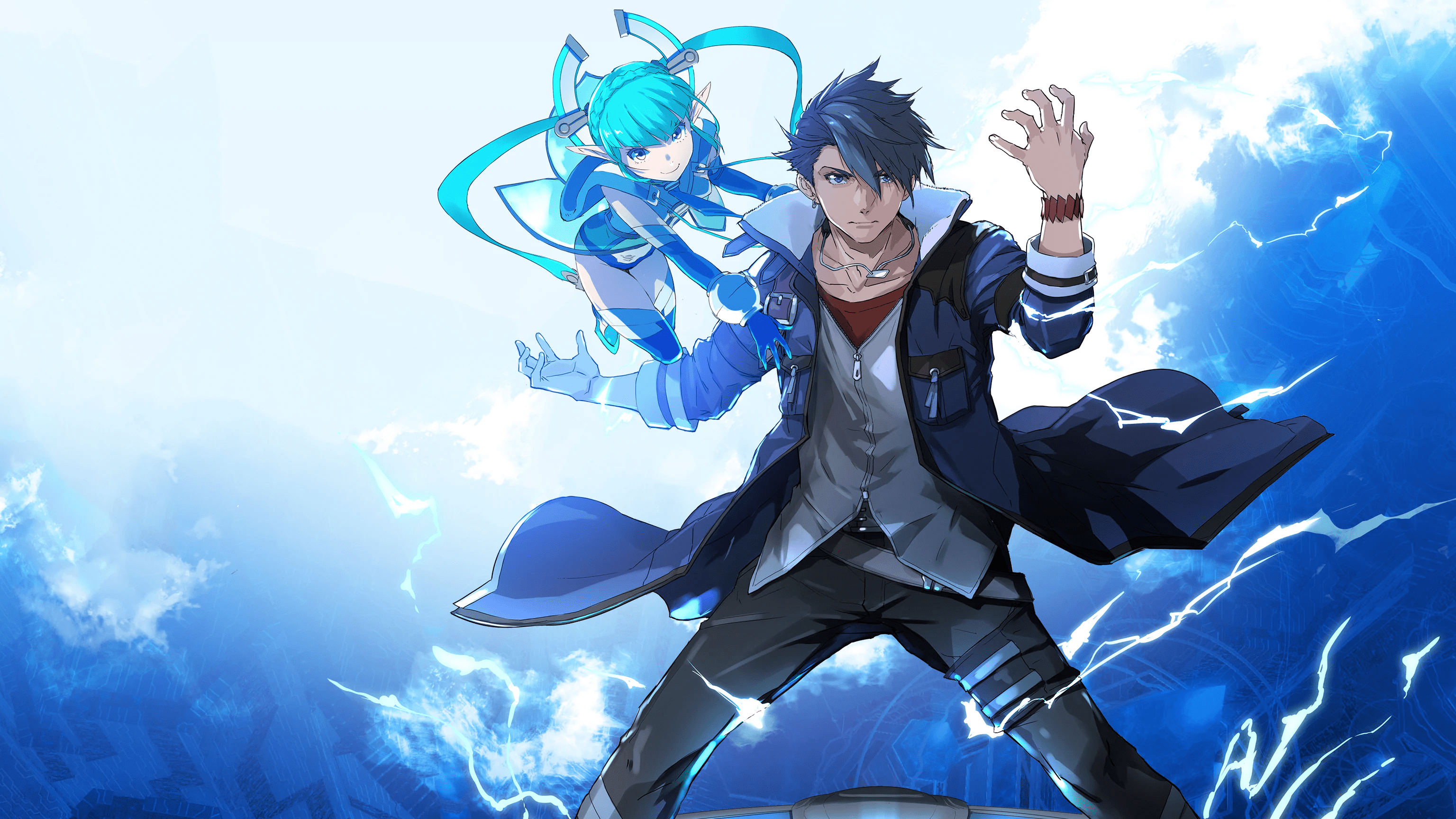Rain’s concept is a splendid one. It follows a young boy and girl who suddenly find themselves turned invisible, unable to be seen except in the rain. The idea opens up a fair number of inventive opportunities. Except Rain fails to capitalize on them at every turn. Monotonous levels and repetitious puzzles make Rain a bore to play, while a slow, uninteresting story grants little reason to stick around. It’s a beautiful looking and sounding game, but visual and audio splendor alone don’t make a great game.
It begins when a transparent girl runs by the boy’s window. A large monster follows soon after, scaring the girl off. Curious, the boy follows after them, eventually walking through a mysterious gate that leads him into an alternate version of his town where night is eternal and the rain never stops pouring. Where monsters prowl and prey upon any humans unfortunate enough to wander into their midst. The two children are hounded by one such monster. Large and menacing, this “unknown,” as it’s referred to, seems to have it out for them, the girl especially. Much of the game is spent escaping its relentless pursuit, and bookends most of the game’s eight chapters.
The premise is intriguing, but Rain is very guarded about revealing much details. Who the two kids are, what this place is, and why they’re here remain a mystery. Never does Rain even slightly hint at resolution for these enigmas. Frequent quips of narration project themselves onto the scenery, explaining the current situation and the thoughts of each character, except the most pertinent info.
 Backstory is kept under wraps – at least until you’ve finished the game once. Only then does it decide to explore that territory. And the means of reveal? Hidden “memories” dispersed about each chapter. The facts they bring lend clarity, give the tale more depth. Knowing the origins of the city and characters makes things far more interesting. But that you must wait to access them – the privilege to even search for them, rather – defeats their purpose.
Backstory is kept under wraps – at least until you’ve finished the game once. Only then does it decide to explore that territory. And the means of reveal? Hidden “memories” dispersed about each chapter. The facts they bring lend clarity, give the tale more depth. Knowing the origins of the city and characters makes things far more interesting. But that you must wait to access them – the privilege to even search for them, rather – defeats their purpose.
Rain isn’t a game that lends itself well to multiple playthroughs. Its puzzles fail to hold up on a second pass, the game’s slow pace only exacerbating the monotony. Guiding the boy through winding streets and alleys, pushing blocks and evading foes, only entertains for so long. And by the end of the first playthrough, it’s already begins to more than wear out its welcome.
The basic ideas behind Rain are sound. Being visible only in the rain creates some cool visual effects and clever mechanics. Walking around indoors leaves wet footprints, for instance, which acts as the primary means of telling where the boy is when invisible. Stepping in puddles and mud help as well, the latter making him permanently visible until washed off. Colliding with objects also do their part, but mostly to cause distractions so that you can sneak past adversaries.
Stealth plays a major role. The boy can’t defend himself against the creatures prowling the city, so he has to avoid them. It’s basic stuff: just get out of the rain and they’ll give up their pursuit. Hiding behind trucks and inside lockers keep them off your back for a while, but once they’ve caught your scent, they won’t give up chase until you turn invisible. Most foes are easy to bypass thanks to simple, predictable patrol patterns. Larger monsters are tougher to flee from, however, as they’re more tenacious in their pursuit.
The problem with Rain is that it never evolves. The basics of its mechanics are all there is. Never does it attempt to introduce any new meaningful new mechanics, nor does it think to try anything new with the existing ones. What you see in the first 30 minutes is what you get, which quickly becomes monotonous after the fiftieth time you push an object to climb up to a ledge or lure monsters away to sneak past them. The only thing that changes between each puzzle is the environment. The make and logic of them remain the same throughout.
Rain uses fixed camera angles heavily. Primarily because it allows the narrative text to be displayed easily, as well as to show off the sprawling city. But it also gets the in the way constantly. The camera is often pulled out quite a ways from your position. During basic exploration, that’s fine. Fine details can be difficult to discern, but it’s at least tolerable. Any time a chase sequence comes up, however, it falls apart immediately. That big “unknown” guy often pops up throughout Rain, almost always signaling the start of a chase scene. During these sequences the camera zooms out greatly. In large, open areas, it grants a fine view of the arena and actually does help you plot your route. But in alleyways Rain is so very fond of, it obscures key details.
There was at least one instance where I was running down one such corridor, the camera looking inward, wherein it looked like a dead-end. It’s where the game was leading me, yet I couldn’t find any interaction prompts, no highlighted objects. Heading down one of the other paths were equally fruitless. It wasn’t until by sheer chance that I moved the kid into just the right spot on the first alleyway that I found there was a hole to crawl through. If you’re going to use fixed camera angles, that shouldn’t happen.
And as if bad camera angles weren’t enough, visibility proves problematic as well. The city’s grey, stone aesthetic certainly does its job in creating a foreboding scene, but it also causes the boy to blend in with his surroundings. When the camera zooms especially far out, there are times when the boy’s form is barely noticeable. The dull colors of the environment create a low contrast between it and the child, resulting in the occasional instance wherein you can’t distinguish between the two.
The best thing I can say about Rain is its music is phenomenal. Somber piano melodies quietly underscore the children’s journey beautifully. Its serene tone stands in stark contrast to the dreary backdrop, creating a fine juxtaposition. The attempts it makes at instilling fear and tension fall flat in part to the game’s poor delivery on those scenes (nothing about how they play creates tension), but the tracks are nevertheless wonderful.
It’s a shame that Rain fails to make good on its promise. The intriguing premise and mechanics leave a strong first impression, but the hours to follow swiftly dispel any goodwill. A lack of evolution and a myriad of annoying design choices turn Rain into a monotonous slog.







